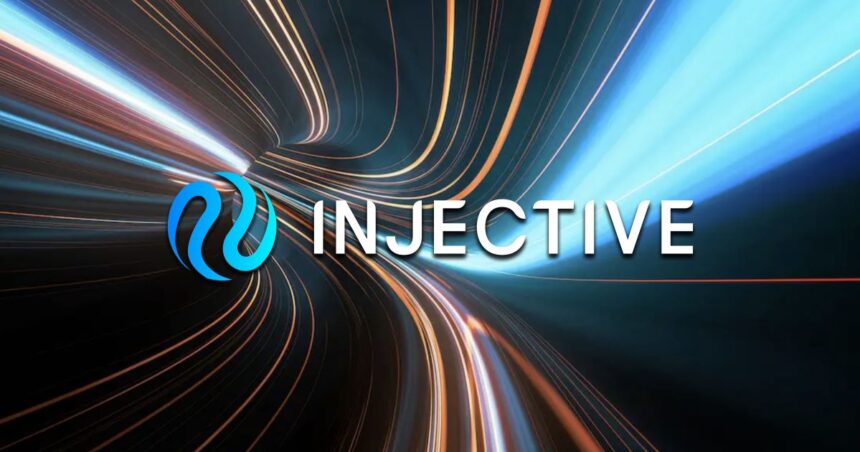
- Injective unveils iAgent 2.0, integrating the Eliza framework for advanced AI-powered on-chain agent development and orchestration.
- iAgent 2.0 enables seamless multi-agent operations, cross-chain communication, and enhanced developer tools for building scalable AI solutions.
Injective has announced the release of iAgent 2.0, a breakthrough update to the company’s first AI agent-based module. The update is meant to improve scalability, adaptability, and functionality, thereby improving the on-chain developer and user experience.
Injective combines its financial infrastructure with the Eliza multi-agent framework to release synergistic possibilities never seen in the fast-expanding ecosystem of agentic infrastructure and DeFAI.
1/ Injective is unveiling iAgent 2.0 today, a transformative upgrade to the first AI agent-based module.
The release integrates @ElizaOS_ai with Injective, giving birth to a new era of agentic infrastructure. How does this change DeFAI?https://t.co/4Nowsxz26Z
— Injective
(@injective) January 21, 2025
Empowering Developers with Advanced AI Agent-Based Solutions
iAgent 2.0 advances the idea of AI agent-based development. Developers can now design intelligent agents that can run independently using the Eliza multi-agent framework, therefore using Injective’s sophisticated capabilities.
One of the main aspects is the direct use of Web3 modules, including Exchange, RWA, and Oracle, made possible by Injective’s native modules. This lets agents created using iAgent be exactly ingrained into the network.
Furthermore included in iAgent 2.0 is a WebAssembly (Wasm)-based environment providing almost native bytecode performance. These benefits provide versatility to enable a variety of programming languages extensively embraced in the industry, including Web2 and AI, as well as improved efficiency at a cheaper cost than EVM.
Developed agents can perform cross-chain actions like data retrieval, token transfer, and natively multi-chain task execution supported by cross-chain communication (IBC).
Enhancing AI Agent Deployment and Customization
Moreover, iAgent 2.0 includes several extra capabilities meant to create and apply sophisticated AI agents. The multi-agent framework of this work enables the management of several agents concurrently. Developers can design intricate procedures scattered around the ecosystem using this capacity.
Furthermore, the improved user interface facilitates agent setup and deployment, which is quite helpful for developers trying to effectively expand their activities.
Other capabilities include direct connection with social networking sites such as Telegram, Discord, and Twitter. This lets agents interact with users via community-based events, surveys, or notifications.
Custom functionalities, including mass airdrops, token production, automated trading methods, and more, are also created by developers. Customizable data pipelines let constructed agents perform everything from database management to smart contract execution, based on particular demands.
Broad Compatibility and Advanced AI Features with iAgent 2.0
Regarding compatibility, iAgent 2.0 supports almost all artificial intelligence models—including Llama, Grok, OpenAI, and Anthropic. Actually, iAgent can access an expanding network of machine learning by means of the Allora network integration.
Models can be used locally with the capacity to save conversation features in a database for more personalizing developers that give control and security top priority to use.
Further extending the agent’s capabilities are other elements such as memory management, document interaction, and chain action triggers. iAgent 2.0 guarantees developers always have access to the most recent tools, fully supporting all current features and integrations via ElizaOS.
Along with allowing iAgent’s capabilities to keep expanding, this generates possible synergies that might develop on their own when Injective keeps updating its platform.
Beyond these new innovations, CNF also covered Injective’s release of INJ 3.0, a significant development in their tokenomics. The update is meant to significantly lower the INJ token availability till Q1 2026. INJ 3.0 increases Injective’s deflationary tokenomics by means of dynamic supply changes and weekly token burn auctions.
Reports state that the INJ token is trading at about $20.77 at the time of writing, down 5.08% over the last 24 hours and 7.56% over the last 7 days.







